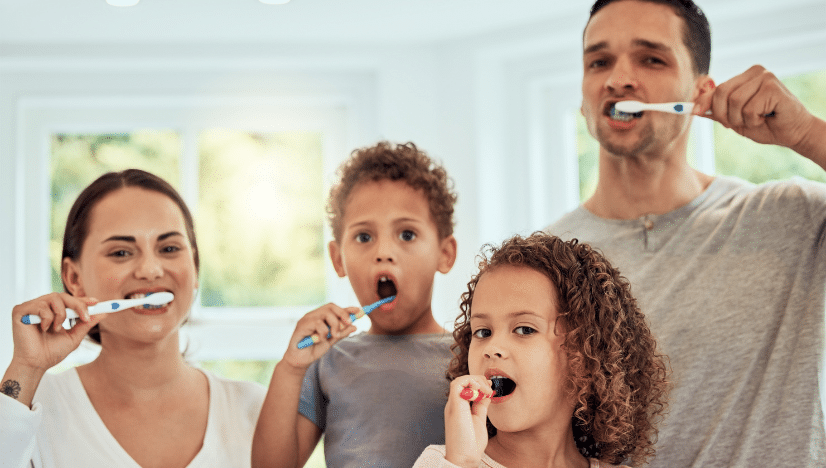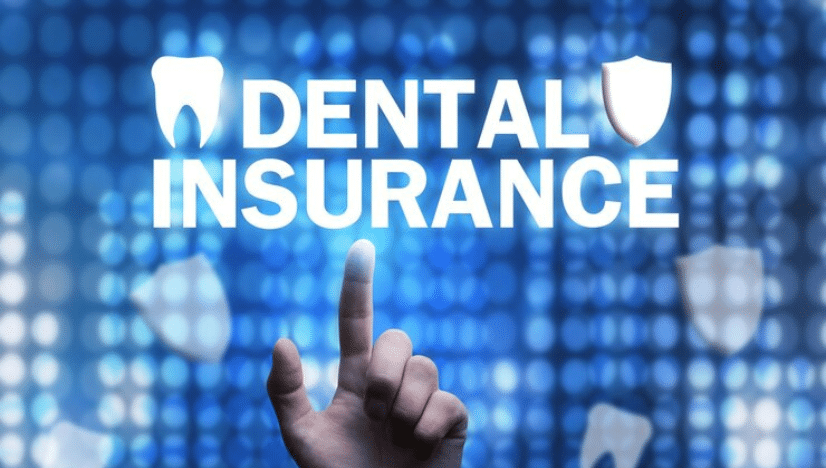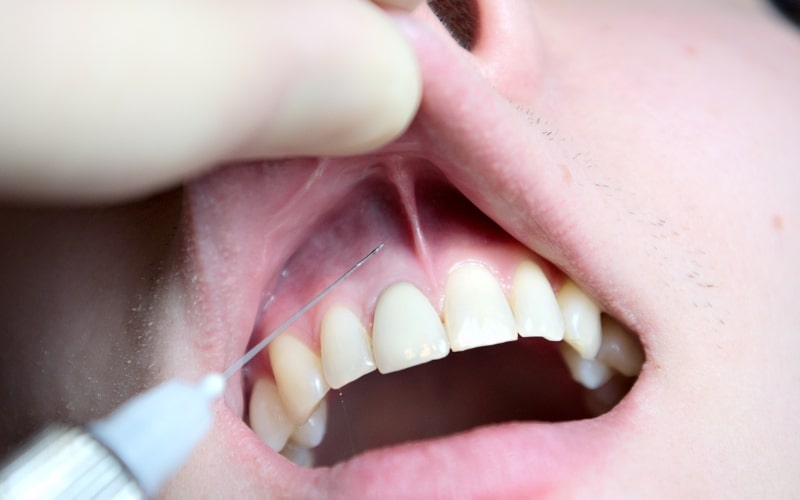27382 Calle Arroyo, San Juan Capistrano, CA, 92675

Are you tired of hiding your smile because of dull, yellow teeth? Do you feel self-conscious about flashing those pearly whites in public? If so, then it’s time to explore the world of teeth whitening! From at-home remedies to professional treatments, there are numerous options available for achieving a brighter, more confident smile. In this blog post, we’ll delve into the ins and outs of teeth whitening – discussing its benefits, risks, and different approaches – so that you can make an informed decision about how best to brighten up your grin. Get ready to dazzle with a beaming smile!
What is Teeth Whitening?
There are a few different ways that you can go about whitening your teeth. You can use over-the-counter whitening strips or gels, have your teeth professionally whitened at the dentist’s office, or try a natural home remedy. Some people see results after just one treatment, while others may need to repeat the process several times to get their desired level of whiteness.
Tooth whitening is a popular cosmetic dentistry procedure because it is generally quick, easy, and relatively affordable. Plus, it can be done in the comfort of your own home or at the dentist’s office – whichever you prefer!
If you are considering teeth whitening, it is important to first consult with your dentist to make sure that it is right for you and to get guidance on which method would work best for your individual needs.
Common Types of Teeth Whitening Treatments
There are a few different ways that you can go about whitening your teeth. You can use at-home treatments, which are generally lower in strength than what you would get from a professional, or you can have your teeth whitened by a dentist.
At-home treatments include things like whitening toothpaste and whitening strips. These are usually gentle enough for everyday use, but they may not be strong enough to make a big difference if your teeth are severely stained.
If you want to get your teeth professionally whitened, there are a few different options available. The most common is bleaching, which involves using strong bleach to remove stains and discoloration. This method is usually effective, but it can cause sensitivity in some people. Another option is laser whitening, which uses powerful lasers to target stains and break them up. This method is usually more expensive than bleaching, but it doesn’t carry the same risk of sensitivity.
10 Surprising Benefits of Teeth Whitening
1. Teeth whitening can make you look younger.
2. It can also make you look more attractive and confident.
3. Whitening your teeth can help you get rid of bad breath.
4. It can also help you avoid gum disease and other dental problems.
5. Teeth whitening can help improve your overall health.
6. It can also help reduce stress and anxiety levels.
7. Whitening your teeth can help you save money on dental bills in the long run.
8. It can also help increase your self-esteem and confidence levels.
9. Teeth whitening is a relatively simple and quick procedure that can be done at home or at the dentist’s office.
10. You can find a wide variety of teeth whitening products available on the market today, including gels, strips, toothpaste, and kits
Tips for Maintaining White Teeth
1. brush your teeth at least twice a day with toothpaste that contains fluoride.
2. floss your teeth every day to remove plaque and bacteria from between your teeth and gums.
3. visit your dentist regularly for professional cleanings and checkups.
4. avoid smoking and using tobacco products, as they can stain your teeth.
5. eat a healthy diet that includes plenty of fruits, vegetables, and whole grains.
6. drink plenty of water throughout the day to keep your mouth hydrated.
The Difference Between Professional and DIY Teeth Whitening
There are a few key differences between professional and DIY teeth whitening. First, professional teeth whitening is done by a licensed dentist or other medical professionals. This means that the procedure is overseen by someone who is trained and experienced in dental care. Second, professional teeth whitening uses higher concentrations of bleaching agents than what is available over the counter. This results in a more effective whitening treatment. Finally, professional teeth whitening can be customized to each individual patient’s needs, whereas DIY kits are one-size-fits-all.
Conclusion
Teeth whitening is a safe and effective way to help make your smile brighter and more confident. There are several different options available, ranging from professional teeth whitening treatments to over-the-counter products. It’s important to consult with your dentist before starting any at-home teeth whitening regimen, as they can advise you on the best option for your individual needs. With regular maintenance and proper care, you can keep your pearly whites looking their best all year round!
FAQS
- What are the benefits of teeth whitening?Teeth whitening can improve the appearance of your teeth and give you a brighter, more confident smile. It can also improve your oral hygiene by removing stains and plaque that can contribute to gum disease and tooth decay. Additionally, teeth whitening can help you look younger and more vibrant, as discolored teeth can make you look older and less healthy.
- How does teeth whitening work?Teeth whitening works by using a bleaching agent, usually, hydrogen peroxide, to remove stains from the surface of your teeth. The bleaching agent penetrates the enamel and breaks down the molecules that cause discoloration, leaving your teeth looking brighter and more white.
- Are teeth whitening safe?Teeth whitening is generally safe, but it’s important to have it done by a professional to ensure that the process is done correctly and safely. Overuse of bleaching agents or improper application can cause tooth sensitivity or even damage to your enamel. It’s also important to note that teeth whitening may not be suitable for everyone, such as people with sensitive teeth or certain dental conditions.





